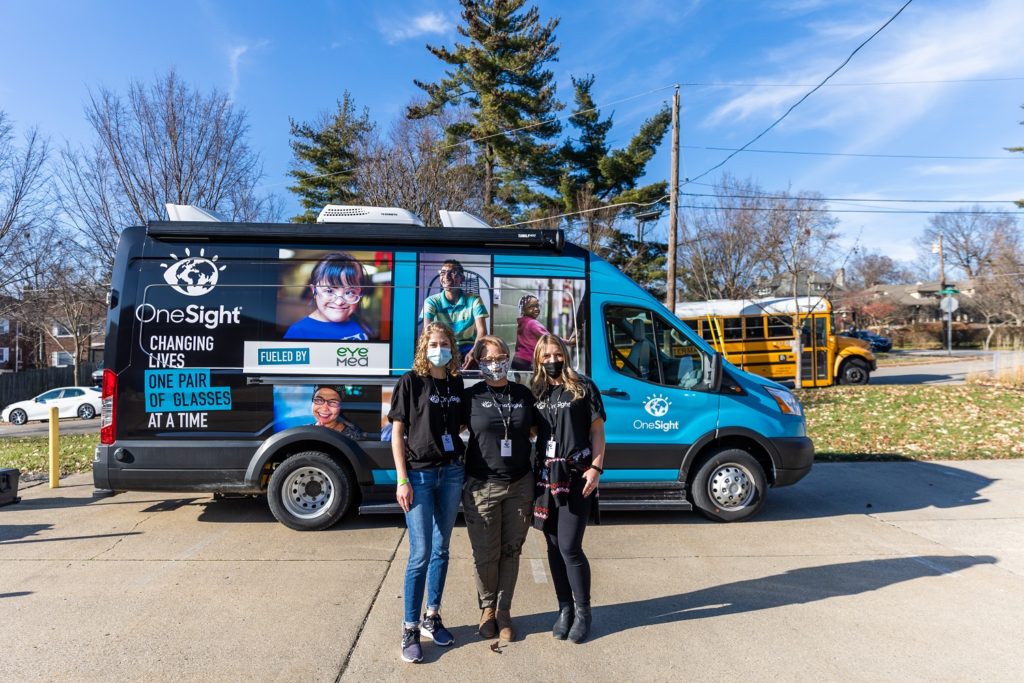Optometrists vs. Ophthalmologists vs. Opticians—What’s the Difference?

Ophthalmologists
An ophthalmologist is a doctor who has attended medical school and completed a residency program in ophthalmology (the branch of medicine that deals with diseases and disorders of the eye). Ophthalmologists have the most training out of all eye professionals.
What Ophthalmologists Do
Ophthalmologists provide medical and surgical eye care. This includes diagnosing and treating eye diseases, conditions, and injuries, sometimes by means of surgery or other procedures. Like optometrists, ophthalmologists can also administer eye exams and vision tests and prescribe glasses or contact lenses.
When to See an Ophthalmologist
You might see an ophthalmologist if you have any of the following:
- an infection or disease in your eye or surrounding areas (including tear ducts)
- chronic or degenerative vision problems (such as cataracts, glaucoma, or macular degeneration)
- an acute eye injury or trauma
- vision problems that require LASIK or other laser eye surgeries
Optometrists
An optometrist is not a medical doctor; however, optometrists have been specially trained in optometry school and received an OD (doctor of optometry) degree. Optometrists are still considered to be healthcare providers.
What Optometrists Do
While the eye care provided by optometrists centers on vision care, they may also treat eye conditions or injuries that do not require surgical intervention, or may help patients with eye conditions related to diseases such as diabetes.
When to See an Optometrist
You might see an optometrist for any of the following reasons:
- you need an eye or vision exam
- you need a prescription for glasses or contact lenses
- you have a minor eye injury or disease (such as a corneal abrasion, pinkeye/conjunctivitis, or dry eye)
- you are experiencing eye or vision problems that you aren’t sure are worth seeing an ophthalmologist for
Opticians
An optician is an eye care technician who provides patients with eyewear, usually glasses or contacts, after the patient has received a prescription from an optometrist or ophthalmologist. Opticians may have completed certificate programs, associate degrees, or apprenticeships.
What Opticians Do
Opticians generally spend the most time with patients. They are responsible for interpreting prescriptions for eyewear, taking measurements and helping fit patients with glasses and contacts, and dispensing them. An optician might also provide guidance or suggestions on which type of eyewear is the best fit for your lifestyle.
When to See an Optician
You might see an optician in any of the following situations:
- you have a new prescription for glasses or contacts
- you have an existing prescription, but need a replacement set of glasses or contacts
- you have a set of glasses that are broken or need to be adjusted

OneSight is on a mission to help the world see better by bringing affordable vision care to those who need it most. Since 1988, we’ve served over 52 million people worldwide by providing glasses, eye exams, and establishing permanent vision centers that provide ongoing access to vision care. Our strategy is focused on both meeting immediate needs and establishing long-term solutions, and involves a combination of charitable clinics and sustainable vision centers. Contact us for more information about how you can make a difference in ending the vision care crisis, or consider donating to support our work.